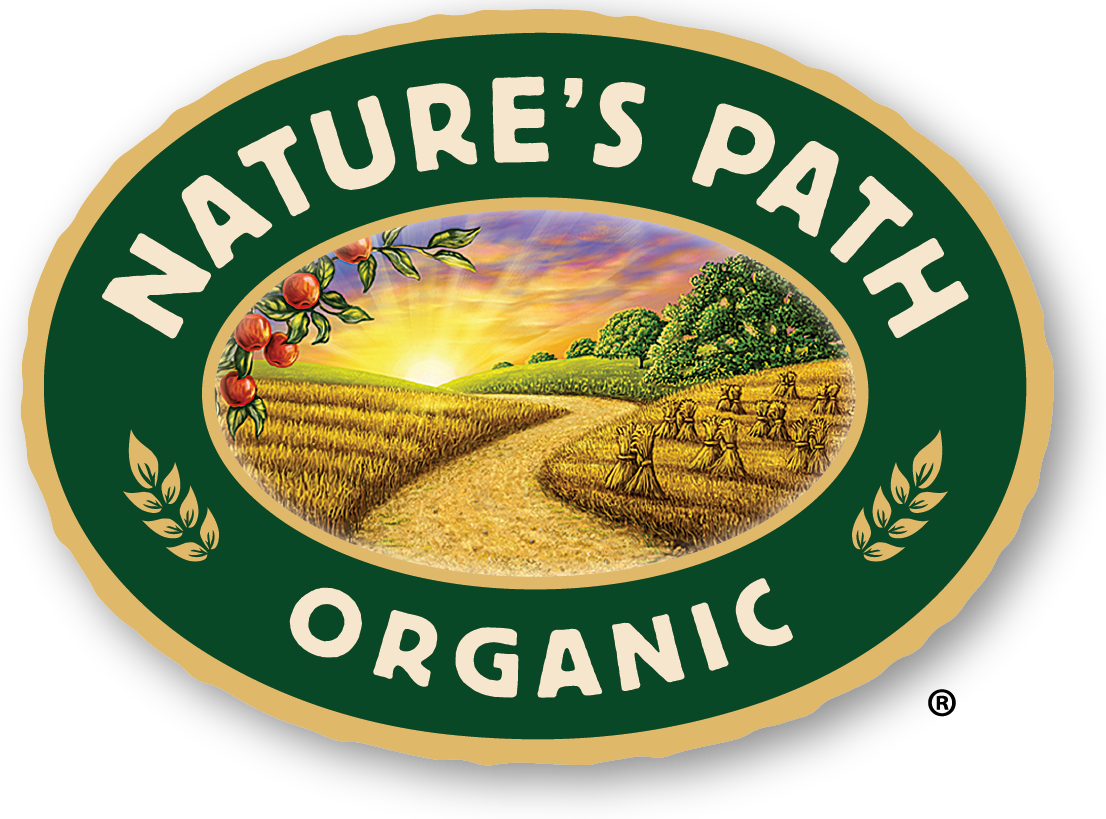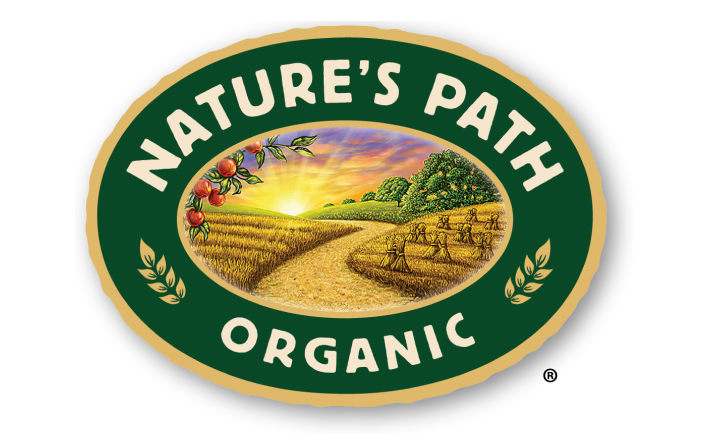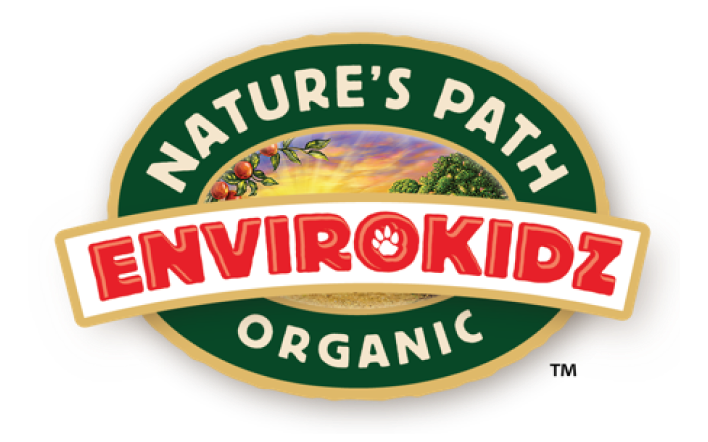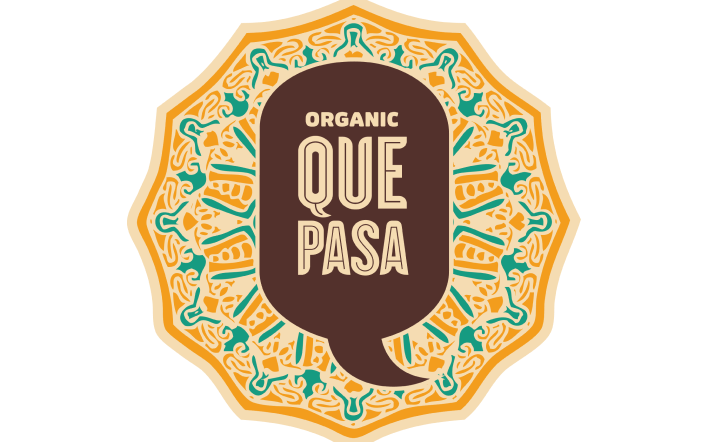
How to Start a Smoothie Bowl Business: A Step-by-Step Guide
Smoothie bowls aren’t just a passing trend—they’re now a staple of health-focused cafes and quick-service restaurants, especially in health-conscious cities like Chicago. With demand for plant-based, organic foods on the rise, launching a smoothie bowl business in Chicago has never looked more appealing. Whether you’re an entrepreneur starting fresh or a café owner expanding your menu, this guide will walk you through the process.
Step 1: Understand the Local Market Opportunity
Chicago’s wellness scene is thriving. With high walkability, strong university populations, boutique fitness studios, and growing demand for clean eating, there’s real potential for an organic smoothie bowl shop. According to industry data, the global smoothie market is projected to reach $17 billion by 2028. Neighborhoods like Lincoln Park, West Loop, and Wicker Park are especially hot for grab-and-go healthy food concepts.
Step 2: Choose the Right Location in Chicago
Success starts with where you plant your roots. Look for:
- High foot traffic near gyms, yoga studios, universities (e.g., DePaul, UIC)
- Dense residential + office hybrid zones like the West Loop or South Loop
- Spaces around 800–1,200 sq ft (QSR-ready footprint)
Tip: Consider turnkey opportunities like the Chicago smoothie café listing on LoopNet if you're looking for a head start.
Step 3: Secure Chicago Permits & Legal Setup
To legally operate in Chicago, you’ll need:
| Permit or License | Estimated Cost |
| City of Chicago Business License | $250–$500 (2 years) |
| Retail Food Establishment License | $660 (annual) |
| Shared Kitchen/Food Establishment License | $330 (annual) |
| Food Service Manager Certification | $52-$120 (one-time) |
| Illinois Sales Tax Permit | Free |
| USDA Organic Certification (Optional) | $750-$1,500 (annual) |
Costs can vary slightly based on your kitchen classification and square footage. You’ll also need to schedule a health inspection before opening.
Step 4: Purchase Equipment & Build Out Your Store
Here’s a breakdown of essential equipment and their estimated costs:
| Equipment | Est. Cost Per Unit |
|
Commercial blender (Vitamix/Blendtec) |
$400–$1000 |
| Undercounter refrigerator | $1,200-$2000 |
| Chest or upright freezer | $1000-$1,800 |
| Handwashing + 3-compartment sinks | $800-$1,200 |
| Prep tables + cutting stations | $500-$1000 |
| POS system (hardware + software) | $1,200-$2,500 |
| Signage + allergen/menu boards | $300-$750 |
Startup Equipment Estimate (basic setup):** $8,000–$12,000
If you purchase a pre-outfitted location like the LoopNet listing, your upfront investment may be significantly lower.
Step 5: Design a Chicago-Friendly Organic Menu
Chicagoans appreciate both bold flavors and healthy options. Your smoothie bowl menu should be:
- Seasonal (think Polar Vortex Bowl in winter, Lake Shore Chill in summer)
- Fully organic or clean-label
- Packed with visual toppings like organic granola, fruit, nut butters, and seeds
**Pro tip:** Nature’s Path Organic Granola is a staple for texture and brand recognition.
Step 6: Source Ingredients from Trusted Organic Suppliers
Chicago has great access to regional and national organic distributors:
- UNFI, KeHE (for bulk frozen fruit, nut butters, toppings)
- Local farmers markets for seasonal fruit
- Nature’s Path Wholesale Program: Join here to get premium organic granola and cereals at wholesale pricing.
Step 7: Plan for Profitability in a Chicago Market
Chicago rents can vary widely. Here’s a baseline:
- Rent: $3,000–$4,000/month for a 1,000 sq ft space
- Labor: ~$9,000/month (3 full-time staff)
- Utilities, marketing, and supplies: $2,500/month
Example Margin:
- Organic ingredient cost: $3.25 per bowl
- Retail price: $12.50
- Gross margin: ~74%
Use our Chicago cost breakdown sheet or work with a local restaurant accountant.
Ready to Launch Your Smoothie Bowl Shop in Chicago?
Nature’s Path supports smoothie bowl cafés with premium organic granola and cereals. Our trade program offers wholesale pricing, marketing tools, and merchandising support to help your shop grow.
Join Our Wholesale Program






